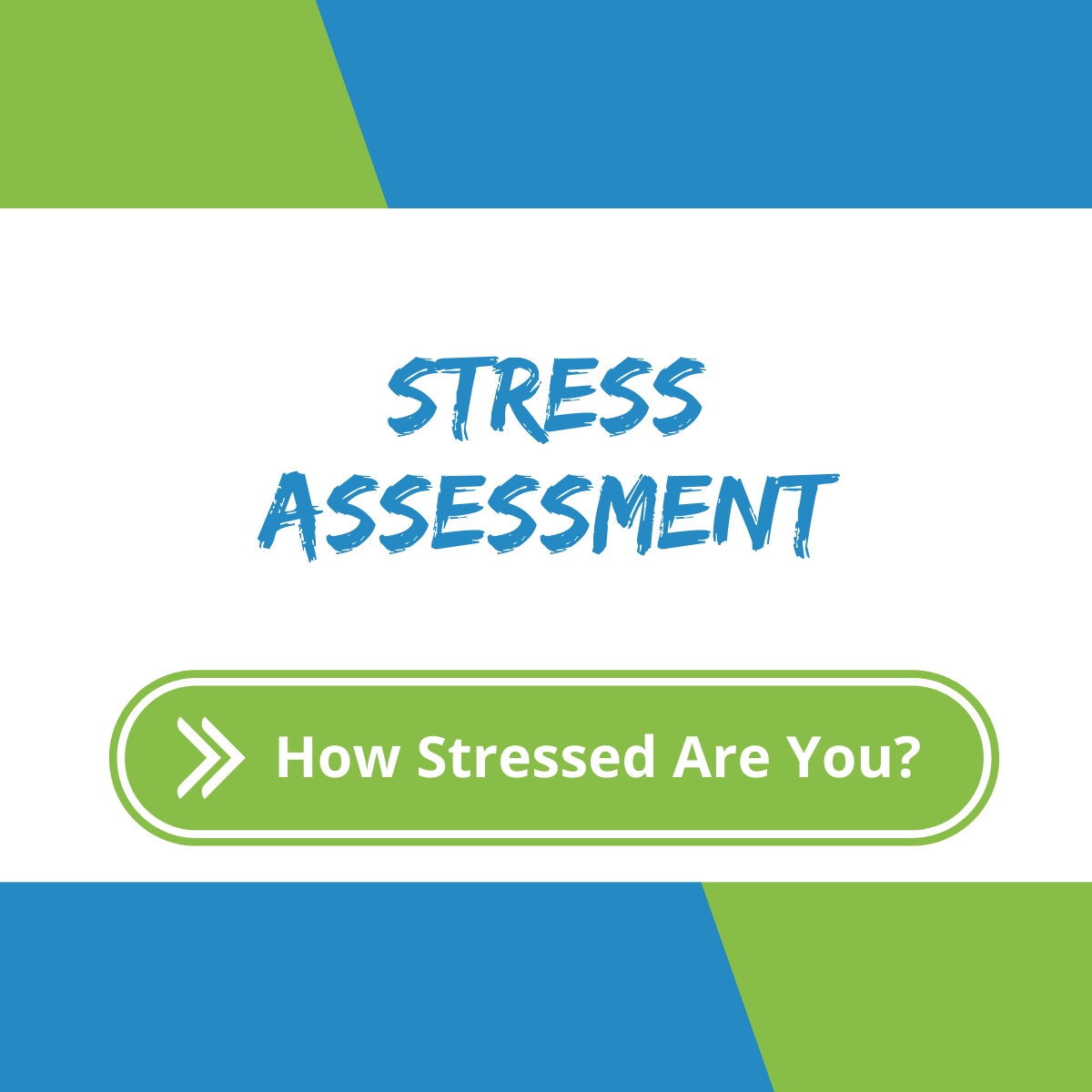Guided Relaxation Audio

1-Minute Pause. Dream State

2-Minute Pause. From The Mountain

3-Minute Pause. Ocean Waves

5-Minute Pause. From the Mountain

Pause First 15-min. Guided Meditation
Meditation FAQ’s
It is common, especially when you’re new to meditation, to fall asleep. Always meditate sitting up, and if you fall asleep, consider it well-needed rest. With practice, you’ll benefit from the deep, rejuvenating rest meditation offers, without nodding off. If you continue to fall asleep every time you sit down to meditate, you probably need to consider whether or not you’re getting good quality sleep and enough of it. Adequate sleep is crucial for optimum health.
The goal of meditation is not to stop your thoughts or control your thoughts, it’s to keep them from controlling you. Try to focus on your breathing, or maybe try paying attention to how your body feels. Try noticing the feelings, emotions and sensations you are experiencing. Can you observe your thoughts instead of engaging with them?
You can try telling yourself: These thoughts are like the wind and my mind is a screen. I will let them pass right through.
Or, if you find it helpful, you can observe and identify thoughts that are bothersome or troubling, and set them aside for now. You might think: Oh, I recognize that thought. That is a worry. I don’t want to worry about that right now.
Then, imagine you have a little box on the floor next to you. Open the box, place that worry in the box and replace the lid. Then tell yourself: I can worry about that later. Right now, I’m going to breathe, relax and just be.
Remember that meditation is a practice. It’s an exercise. You are not trying to force outcomes, or check things off of a list. You are exploring the idea of experiencing and becoming familiar with yourself, your thoughts and your emotions. You are practicing bringing your awareness into the present moment. You are experimenting with the concept of being, instead of operating in the default mode of going, doing, and thinking.
In time, with some practice, you should notice this becoming easier.
Most of us are shallow-breathers, so it might feel strange to breathe deeply, at first. Don’t get hung up on the breathing. If it’s distracting, just take a few deep breaths to get started, and then breathe naturally.
Research shows you benefit from meditation in as little as 15-minutes per day. I recommend aiming for 10-20 minutes each day. You can certainly meditate longer, but 15-minutes or so every day is a sufficient length of time for most people.
There are no hard and fast rules. If there’s a brief interruption, just settle back in and continue.
You can sit near a clock and take an occasional peek, or set a soft, quiet alarm on your phone.
I recommend sitting up, because lying down signals your body to sleep.
No, if you become uncomfortable, you can shift around until you’re comfortable. If you have an itch, scratch it. Just be as relaxed and comfortable as possible.
The time of day you meditate depends on your preferences, schedule and lifestyle. If you’re not a morning person, trying to meditate in the morning might not be optimal. Choose a time of day that’s right for you.
Creating a routine and establishing meditation as a regular daily practice is a great idea and will help you stick with it. But plan B would be to fit it once every day, as your schedule allows.
Meditation is good for every single human being that walks this planet, unless there is a mental, emotional or medical concern or diagnosis that might prevent this from being so.
Consider it meditation, no matter what occurs in the 15-minutes you devote to sitting and breathing in peace and quiet. In time, with practice and commitment, you will come to know a deep stillness that will be unmistakable during meditation. However, it is normal for this to ebb and flow, depending on what’s going on in your life. Even experienced veteran meditators experience meditations that are not serene. The key is to let go and allow for whatever occurs. Ride the waves. Become the observer. And just keep breathing.
This is personal preference. Try different methods and techniques until you find one that works best for you. Or mix it up!






